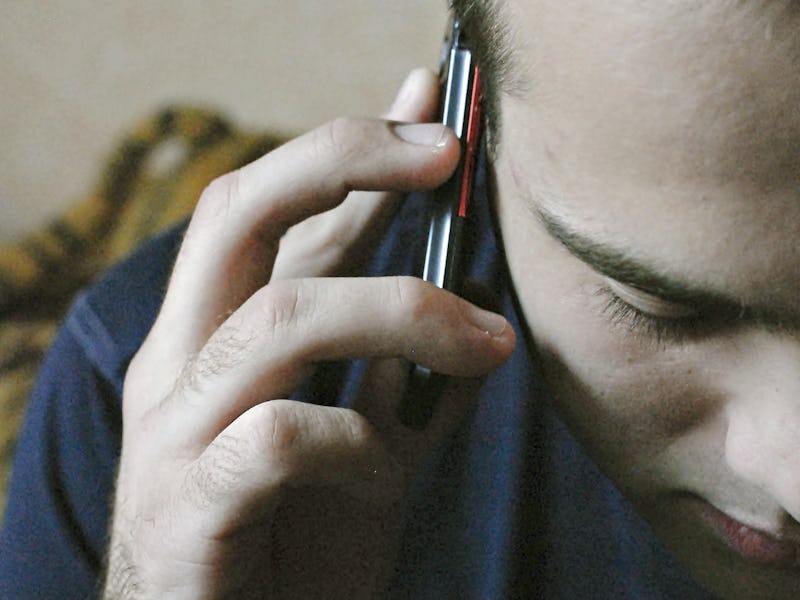America's Suicide Help Hotlines Offer Post-Election Hope
A surge in calls and visibility on social media reveals a nation that wants to help.

Americans struggling to come to terms with the outcome of Tuesday’s election results have been turning to a decades-old bastion of hope: the country’s suicide help hotlines.
The staff at the National Suicide Prevention Lifeline has seen an increase in calls to its hotline in the days immediately leading up to and after the election, noting 660 calls in the hour after the results were announced. “The Lifeline did see an increase in calls over the past few days,” Frances Gonzalez, the Director of Communications, confirmed to Inverse in an e-mail on Wednesday. “When feelings of loss and anxiety occur due to a major national, regional, or community event, that can aggravate other anxieties or feelings of loss people may be having that are not necessarily election-related.”
The national organization SAVE — short for Suicide Awareness Voices of Education — has seen a similar trend. “We’re seeing increases in people using these forms of help,” Dr. Dan Reidenberg, the organization’s CEO and a suicide prevention expert, told Inverse.
While the implications of these statistics are grim, they are neither surprising nor discouraging. “In times like this, people do reach out more to national lifelines,” Reidenberg says, emphasizing that it’s better that people are seeking help rather than struggling alone. He credits the positive use of social media for promoting increased awareness and transparency about mental illness and suicide, which in turn has perpetuated the critical message that hope is not lost.
In the hours following the election, disheartened voters took to Twitter and Facebook to repost links and phone numbers to various suicide hotlines around the nation, which simultaneously revealed a very bleak response to the result and a willingness to help others cope with it. In particular, LGBTQ groups — fearful and despondent in light of the Trump presidency’s implications on sexual freedom — spread the word about hotlines dedicated to the well-being of people within their community. Following reports that eight transgender teens committed suicide within hours of the election, there was a surge in social media posts about the Trans Lifeline, which fielded 300 calls in the 24 hours following the vote.
Both Gonzalez and Reidenberg double down on the importance of seeking — and sharing — social support in times of distress. “On social media we’re seeing people share fears and concerns, messages of hope and solidarity,” Reidenberg says, underscoring the idea that mental health is politics-agnostic and such messages can help bridge the nation’s “big divide.” “We’re shocked but we also need to work together,” he says.
At the very least, people who want to help should attempt to offer personal support to those in crisis, whether they are friends or strangers in need, Gonzalez says. For those who are feeling post-election despair and anxiety, she adds, sticking to routines and limiting interaction with stressful stimuli can be helpful in addition to phoning a crisis center.
In light of the election results, the fact that a record-breaking number of calls are being made to the nation’s suicide prevention hotlines indicates tough times and a nation equipped to work through them. “Ten years ago, we would never have seen this,” Reidenberg says. “It’s all incredibly positive.”